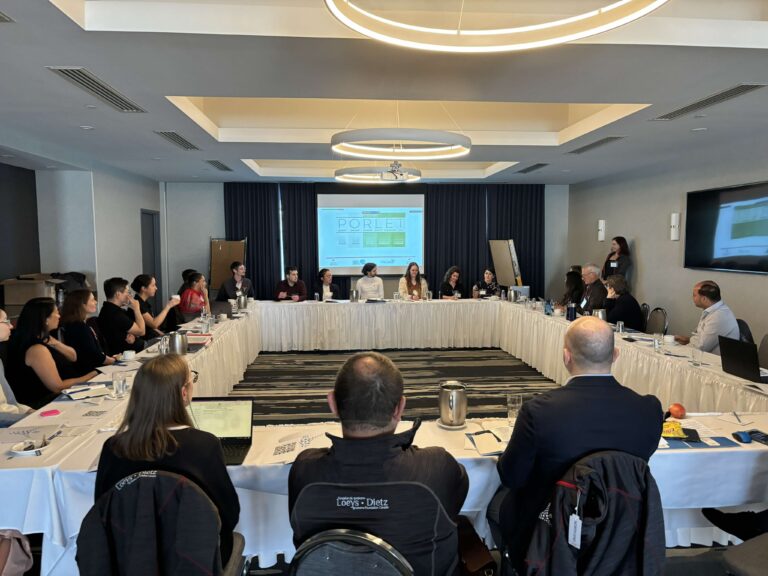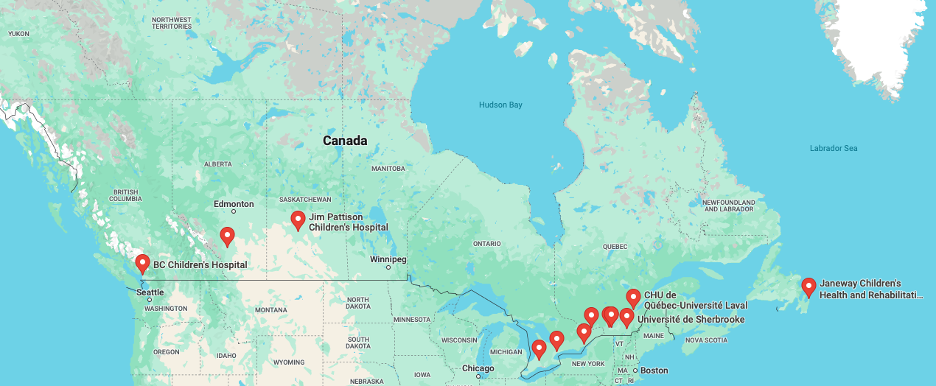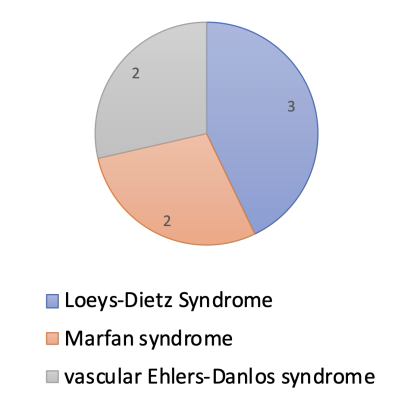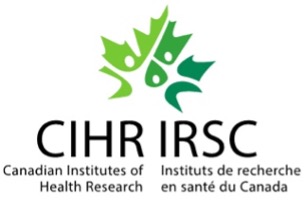First CAN-ACT National Investigator Meeting

May 31, 2024
Montreal, Quebec
On May 31, 2024, the First CAN-ACT National Investigator Meeting successfully convened under the leadership of the CAN-ACT Registry Steering Committee, with coordination and logistical support from Loeys-Dietz Syndrome Foundation Canada (LDSFC). The event brought together investigators from across Canada alongside patient-partners, marking a significant milestone in advancing national collaboration in the field of heritable aortopathy research.
Building upon a year of dedicated groundwork by the Steering Committee to define data collection variables and patient questionnaires, the meeting served as a crucial forum for validation, dialogue, and innovation. Participants engaged in dynamic discussions, identifying and refining emerging research questions that reflect both clinical priorities and lived patient experiences. A highlight of the meeting was the dedicated patient-partner session, which provided an open and impactful space for individuals to share their perspectives and help shape a more patient-centered research agenda.
Through these collaborative exchanges, the meeting achieved all its objectives. It validated the CAN-ACT registry framework, generated new and meaningful patient-oriented research questions, and mobilized investigators to contribute to the future of hereditary aortopathy research. Attendees also laid the groundwork for a robust, interconnected network of Canadian researchers and patient advocates—strengthening the foundation for sustained national collaboration and impactful, patient-driven discoveries.
Institutions Represented Coast to Coast

Patient Partners Representing 3 Aortopathy & Connective Tissue Disorders

Event Funding
This landmark event was funded by the Loeys-Dietz Syndrome Foundation Canada and the Canadian Institutes of Health Research (CIHR) through the Planning and Dissemination Grants – Institute Community Support program, reflecting a shared commitment to advancing research and improving outcomes for individuals affected by heritable aortopathies.


